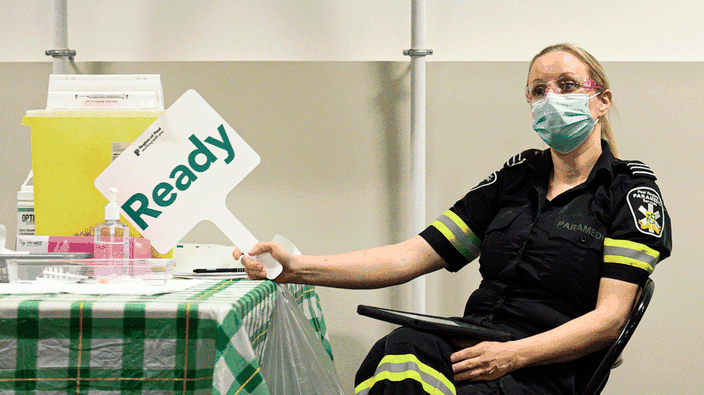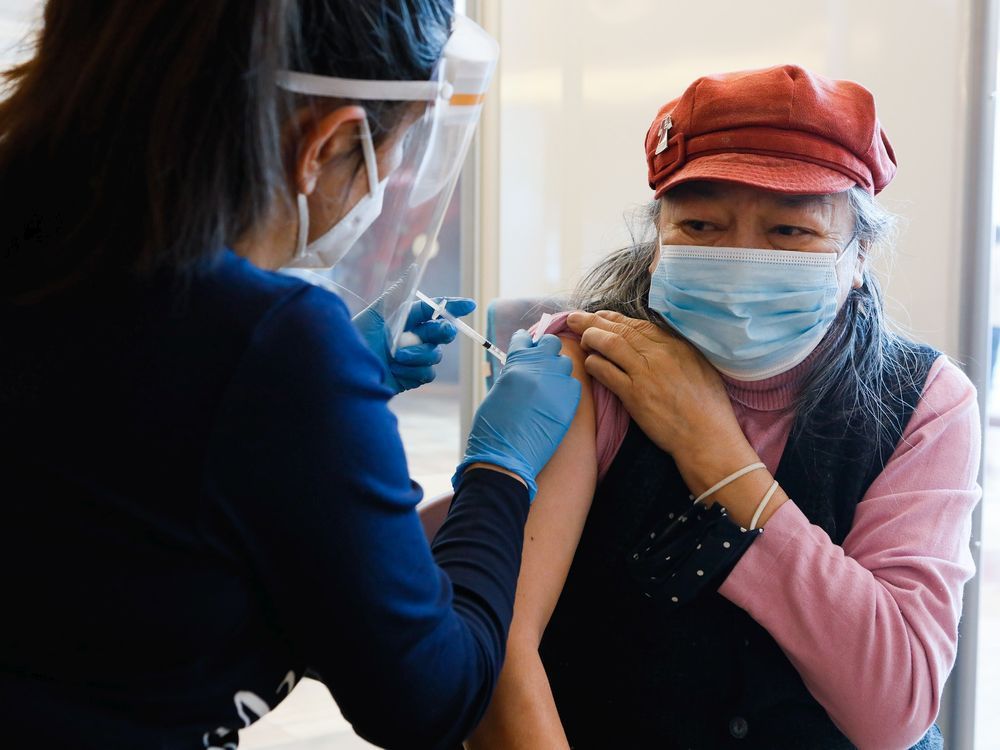will we need a covid-19 shot every year?
there's reason to believe that vaccines may produce an even better immune response than recovering from a natural infection.
pfizer not superior to moderna, okay to mix covid doses: experts
while health authorities are reassuring canadians that it’s safe to mix covid-19 vaccines doses, some appear to be rejecting moderna for pfizer
pfizer exec sees opportunity to raise covid vaccine booster price
the exec has previously noted current vaccine cost is unrepresentative of the company's pricing model
 4 minute read
4 minute read









